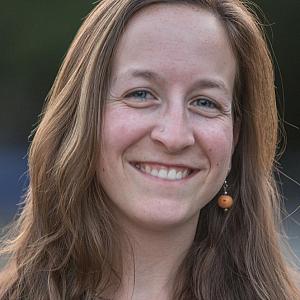
Kerry Klein
Reporter

Reporter
Kerry Klein is a health reporter for Valley Public Radio, covering air quality, drinking water, public health and other topics in California’s San Joaquin Valley. She studied science communication at UC Santa Cruz following an undergraduate degree in geology from McGill University. In addition to her work for KVPR, she’s written print and radio pieces for KQED, NPR, the San Jose Mercury News, and The Atlantic. Her radio work has earned her a 2017 first-place health policy award from the Association of Health Care Journalists, and four “Golden Mike” awards from the Radio and Television News Association of Southern California. She was a California Fellow with the Center for Health Journalism in 2016.
For her 2018 Data Journalism Fellowship project, Kerry plans to explore trends in opioid use and access to treatment within the San Joaquin Valley, from some of the smallest communities to the biggest industries in the region.

"By the time I was finished, my reporting had covered not only the Valley’s marketing problem, but also federal and state laws dating back decades, executive orders, bills in Congress, visa programs, and more local, state-level and national trends than I could count."
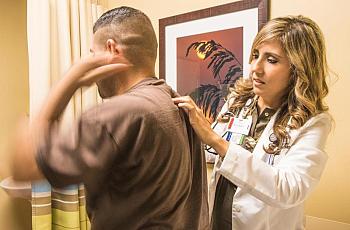
This reporting was undertaken as part of a project with the USC Center for Health Journalism’s California Fellowship. ...
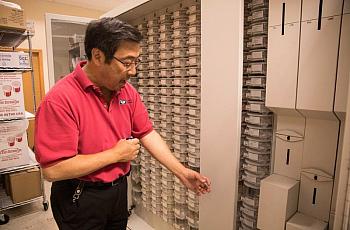
A new California law has allowed pharmacists to play a more integral role in managing patients alongside other providers — which could be good news for patients struggling to access doctors. But one major obstacle still stands in the way.

Knowing this one simple truth can help areas experiencing physician shortages: Where doctors grew up can predict where they practice, but where they are trained is one of the biggest drivers.

While access to insurance coverage remains a national debate, in the San Joaquin Valley, getting to see a doctor isn’t always easy, even for people who have coverage.
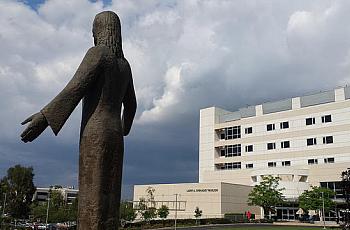
The shortage of doctors in California’s San Joaquin Valley has long impacted Central Californians in a very real way. Will efforts to combat the shortage make a difference?
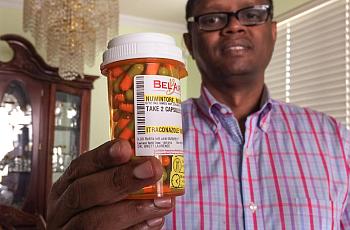
Richard Nuwintore's sentence in the California prison system has ended, but the valley fever infection he picked up while doing time is a life sentence. The state is now working to lower the risk for inmates.

A new skin test called Spherusol can detect whether a person has developed immunity to valley fever. But despite its promise, the test still isn’t in wide use.